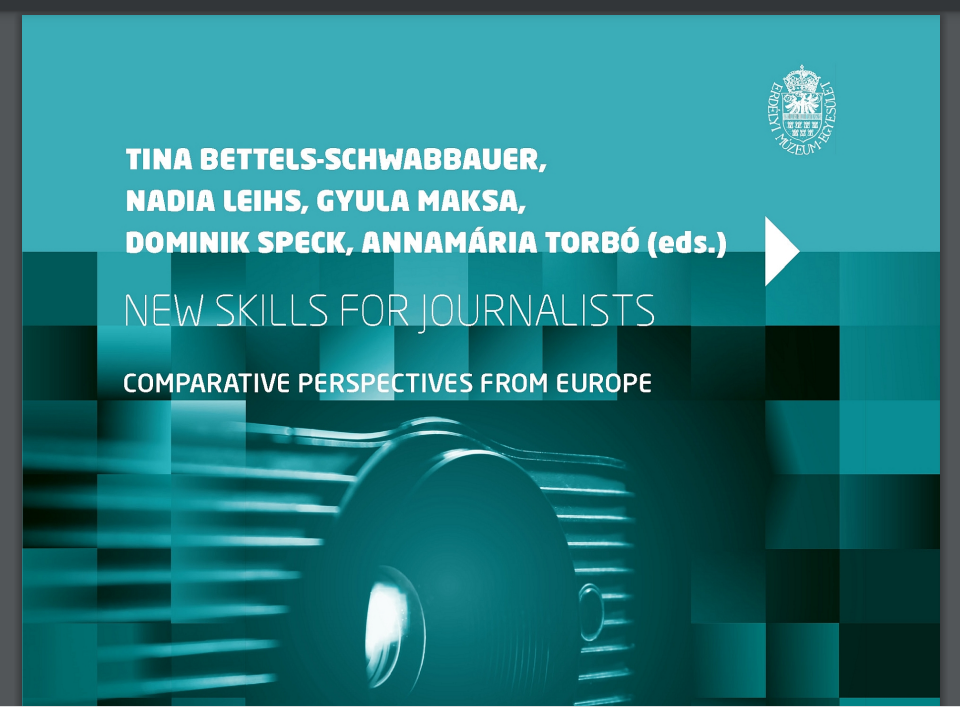O livro “New Skills for Journalists: comparative perspectives from Europe”, “Novas competências para Jornalistas: Perspetivas comparadas na Europa”, conta com o contributo de Miguel Crespo, Gustavo Cardoso, Ana Pinto-Martinho, em três artigos. Um dos temas analisados pelos investigadores é a presença da Inteligência Artificial (IA) na produção jornalística. Conclui-se que o recurso a relatórios automatizados tem vindo a ser utilizado em áreas específicas como o desporto, informações de trânsito e previsões meteorológicas.
Apesar de a utilização não ser transversal aos temas noticiosos, “o potencial da IA e dos algoritmos foi mencionado como algo que poderia beneficiar todos os tipos de produtos jornalísticos”, refere o artigo “IA e jornalismo, jornalismo robótico e algoritmos”, que procura sistematizar o que está a acontecer nestes domínios nas redações. Para esta pesquisa, foram entrevistados jornalistas, que tratam estas matérias, de cinco países: Portugal, Alemanha, República Checa, Hungria e Roménia.
“Apesar das diferenças na evolução da Inteligência Artificial (IA) no jornalismo de cada país, a maioria dos entrevistados concordam que a entrada de tais técnicas nas redações é inevitável, pelo que a alfabetização nestas áreas é crucial”, é referido no artigo.
Outro dos trabalhos é sobre “Jornalismo para assistentes de dispositivos de voz”, assinado por Miguel Crespo, Gustavo Cardoso, Ana Pinto-Martinho e Wanessa Andrade. Ana Pinto-Martinho, Miguel Crespo e Gustavo Cardoso também são os autores da análise sobre “Modelos de negócio inovadores”.

